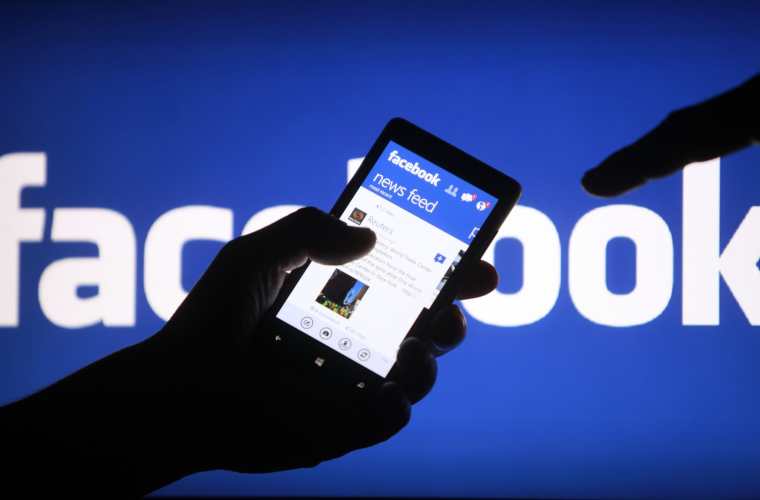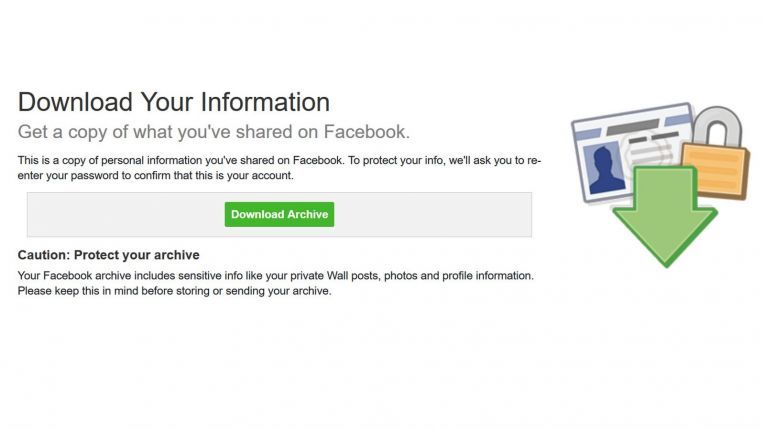It’s safe to say that Facebook has had a pretty rough few weeks. It was recently revealed that UK-based firm Cambridge Analytica had allegedly acquired illegally obtained personal information of over 50 million Facebook users in an attempt to skew political outcomes via a software.
As a result, the U.S. Federal State Commission started investigating the social media platform’s privacy practices. The Twitter hashtag #DeleteFacebook began trending soon after and Facebook CEO Mark Zuckerberg had to testify on what exactly had happened.

Zuckerberg initially denied the data breach, but Facebook’s policy allowed for the collection of friends’ data by app creators and academics, though selling this data to third parties or utilising the information for advertising was not prohibited. Evidently, the whole world was pissed.
Following the initial blow, Facebook’s stocked tumbled and it cut off third-party data brokers out of ad targeting, but that clearly wasn’t sufficient to clean up its act as several users have now filed lawsuits against Facebook for allegedly allowing in-house advertisers to discriminate.
The latest update? Facebook has now announced a series of changes which allows its users to take control over their privacy. On top of cracking down on abuse of Facebook, strengthening policies and making it easier for users to revoke apps’ ability to utilise personal data, the social network will add a new Privacy Shortcuts menu.

What it does is allow users to review what they have shared (like photos, reactions to posts, contacts and posts), knowingly or unknowingly, and delete it in a few taps, add more protection like two-factor authentication, as well as updates to allow users to download all their data and move it to another service.
“You can review what you’ve shared and delete it if you want to. This includes posts you’ve shared or reacted to, friend requests you’ve sent, and things you’ve searched for on Facebook,” Facebook wrote in a blog post. Zuckerberg has also repeatedly apologised.










